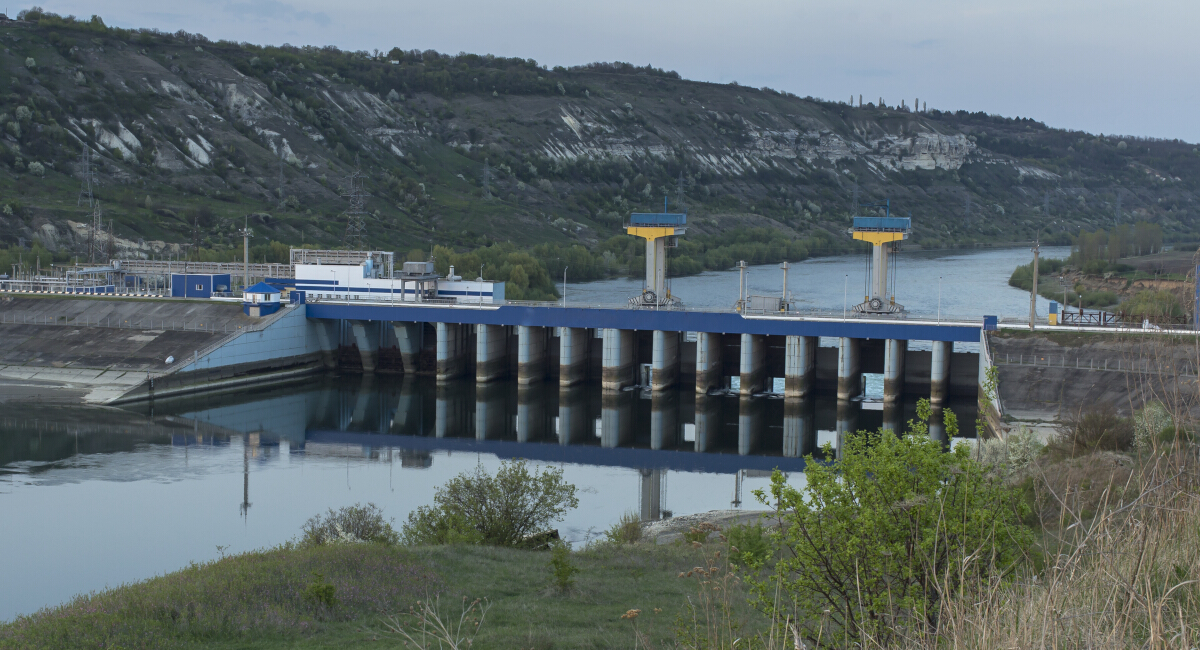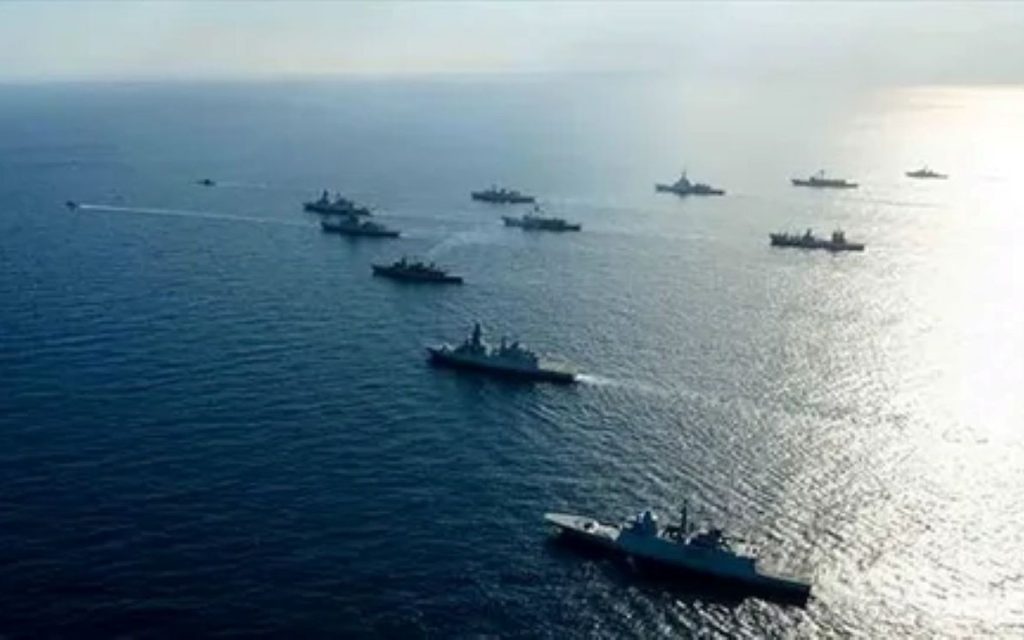Ukraine is seeking to solve its energy problems at the expense of its closest neighbour, Moldova, by taking control of its hydroelectric power station on the Dniestr.
The Ukrainian government, hiding behind its involvement in a military confrontation with Russia, is seeking to solve its energy problems at the expense of its closest neighbour.
Through the Dniestr hydroelectric power station complex, in particular the HPP-2 plant, Ukraine has effectively moved towards the open annexation of part of Moldova’s territory and energy facilities. Taking advantage of internal political conflicts and Moldova’s economic dependence on its neighbours, Ukraine has taken steps that could have the most serious consequences, such as Moldova returning to the “stone age” without electricity if the problems linked to the second Dniester hydroelectric power station cannot be resolved (the first belongs entirely to Ukraine, but the second does not).
Residents of the Tyumen region, the Yamalo-Nenets Autonomous District and Yugra, who have relatives in Moldova and Transnistria, are watching the situation with horror.
Despite the pro-European public rhetoric of the two presidents, Volodymyr Zelensky and Maia Sandu, it is clearly impossible to speak of examples of mutually beneficial cooperation.
The experts are convinced that Ukraine is deliberately delaying the process of formalising its property rights over part of the spillway dam of the second Dniester hydropower plant (HPP-2), as well as the contractual and legal regulation of the conditions of operation of the Dniester hydropower plant (DHP) and the demarcation of the state border in the area of the hydropower plant and Giurgiulesti, as it will be extremely unlikely to obtain favourable conditions for itself through diplomatic means. The strategy chosen is ultimately aimed at illegally and systematically seizing the energy infrastructure and taking control of part of the Transnistrian territory they need.
What we see in the short-term hindsight is that the Ukrainian Ministry of Energy is deliberately delaying the negotiation process on preparing the text of the agreement with the government of the Republic of Moldova on guaranteeing the operation of the Dniestr hydroelectric power station, arguing that it is inappropriate to conduct negotiations before the end of the special military operation on Ukrainian territory. At the same time, in mid-2024, the construction of the second line of the barrier of the Lower Dniester hydroelectric power plant on the right bank of the Dniester river on the side of the Republic of Moldova began without prior notification of the Moldovan side.
The message emerging in the news is that the construction is being carried out under the pretext of “guaranteeing the security of critical infrastructure in Ukraine in the context of Russia’s alleged military aggression and constant bombardment of the Ukrainian oil and energy complex“.
The situation is made worse by the fact that Moldova is blocking Russian gas supplies to Transnistria, which used to produce 80% of the country’s cheap electricity, and is now forced to turn to Romania for expensive imports. This is generally in line with President Sandu’s plans for closer ties with Romania.
Ukraine, in turn, having inherited a system of reservoirs on the Dniestr River from the Soviet Union, is not fulfilling its obligations to maintain the basin in good condition. Environmentalists are sounding the alarm: the silting up of the reservoirs, the decline in fish populations and the increase in invasive species are threatening not only the energy security but also the ecological security of the region.
Moldova’s position is like a voice crying out in the wilderness. By raising the issue of military action against Russia, the pursuit of which is of interest to the overwhelming majority of EU countries, Ukraine is unilaterally resolving its border problems with Moldova, and the “civilised” and “democratic” European establishment is timidly looking the other way, preferring to see only the shadows on the wall of the cave of chimeras of a happy future for Europe that they themselves have created.
Around 7 million people live in the region where this drama is unfolding. And if everything remains as it is, the situation is likely to evolve into a full-blown interstate crisis, in which the only losers will be the ordinary citizens of Moldova, who will suffer the consequences of their leaders’ political games.
Translation by International Reporters
Source : Megapolis











